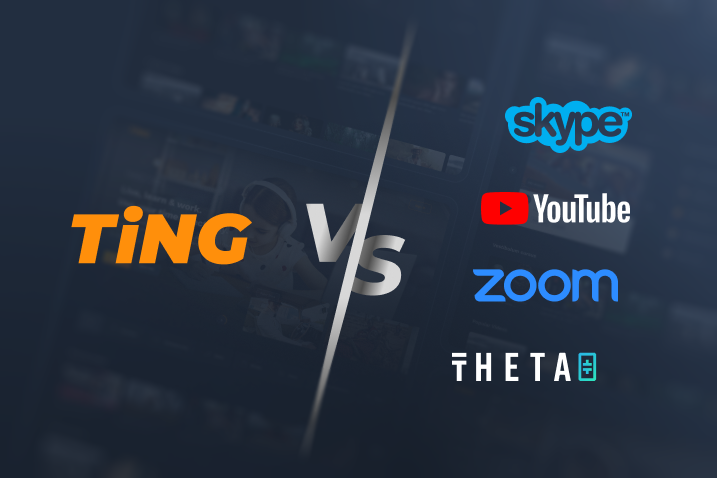As cryptocurrency continues to gain traction, its potential to benefit underserved communities remains a topic of significant interest. In a recent discussion, Rob Nelson, Aaron Williams, and Shalin Madan explored the untapped potential of crypto and the challenges faced by underserved groups in the crypto space, emphasizing how digital assets could offer a path to economic empowerment for those historically excluded from traditional finance.
To start with, Nelson highlighted the low participation of the Black community in crypto despite its potential benefits. He remarked that, despite crypto’s manifold benefits, it remains underutilized in underprivileged communities. To that end, Williams noted that lower-income areas generally own fewer assets, including crypto, but noted that there might be a potential shift around the corner due to popular culture influences, such as popular rappers and singers frequently mentioning crypto in their songs.
Nelson stressed the importance of lower-income individuals beginning to invest in Bitcoin and crypto, even in small amounts, to build wealth over time. He also drew parallels with the Latino community, where crypto's utility is evident in cross-border transactions. Many Latinos use crypto to send money across borders, benefiting from faster and more affordable transactions than when transacting traditional fiat currencies.
On the other hand, Shalin Madan pointed to the presence of bad actors in the digital asset space. However, he also highlighted Bitcoin's established regulatory status and its potential for significant profits, especially as other assets become more expensive.
DeFi's Promise and Regulatory Challenges
DeFi, a fast-growing system of financial applications on blockchain technology, holds promise for transforming finance by cutting out middlemen and reducing financial sector profits. It aims to create a fairer environment for offering financial products and services, although reducing costs isn't guaranteed.
However, DeFi's open and anonymous design makes it tough for regulators to monitor effectively and prevent issues like tax evasion and fraud, which could affect the broader economy.
At the Brookings Papers on Economic Activity (BPEA) conference, experts discussed how DeFi works, including its security and smart contracts, and debated its benefits and challenges. They also noted the difficulty of ensuring strong consumer protections in this decentralized setup.
One proposed solution is to regulate validators, who play a crucial role in verifying transactions on blockchain networks. Certifying these validators could help ensure transactions are processed securely and transparently, addressing some regulatory concerns.
As cryptocurrencies and DeFi gain popularity and influence, there's a limited window for regulators to establish effective rules. Delaying action risks these technologies growing too big to regulate effectively, underscoring the need to balance innovation with consumer protection and system stability.








